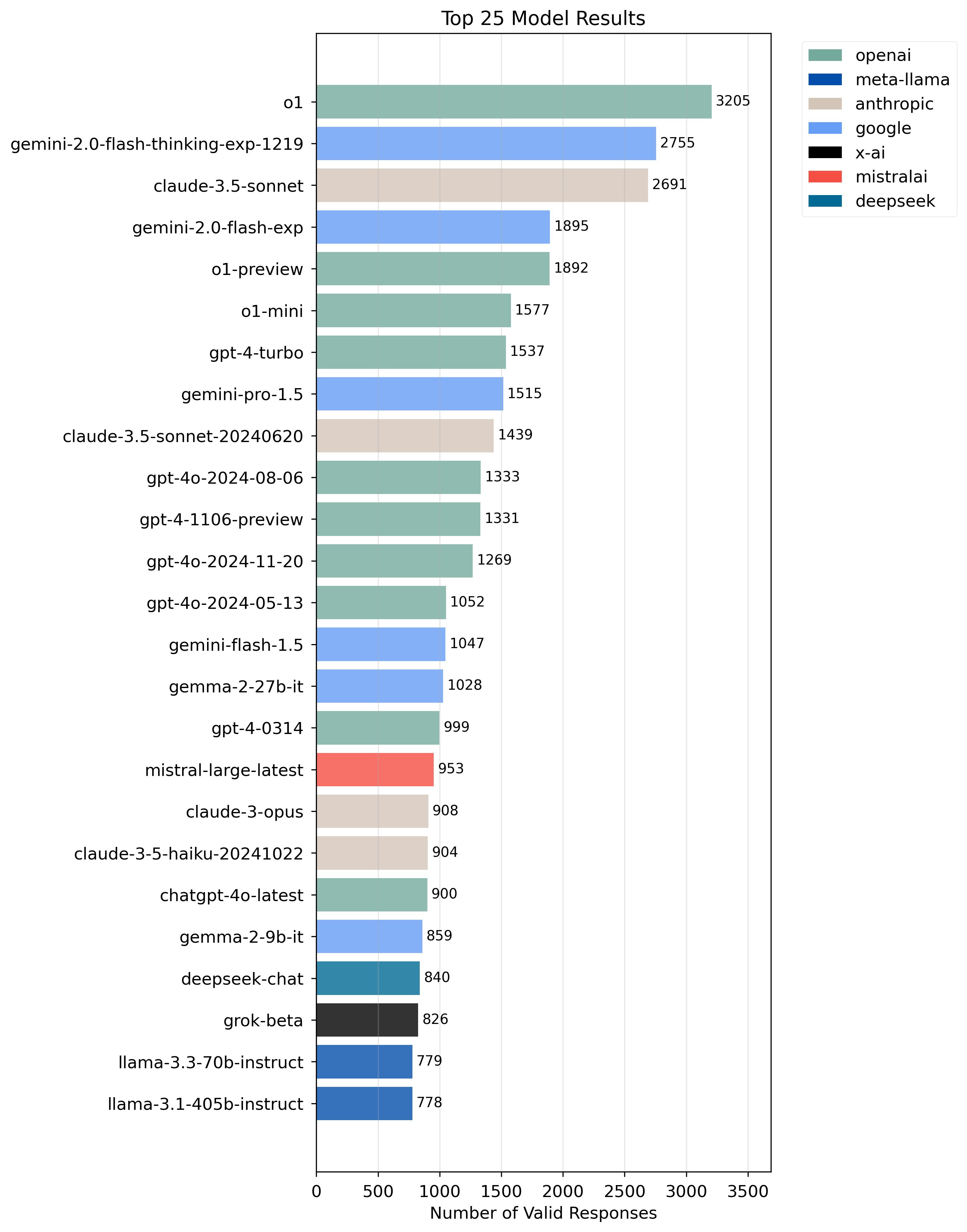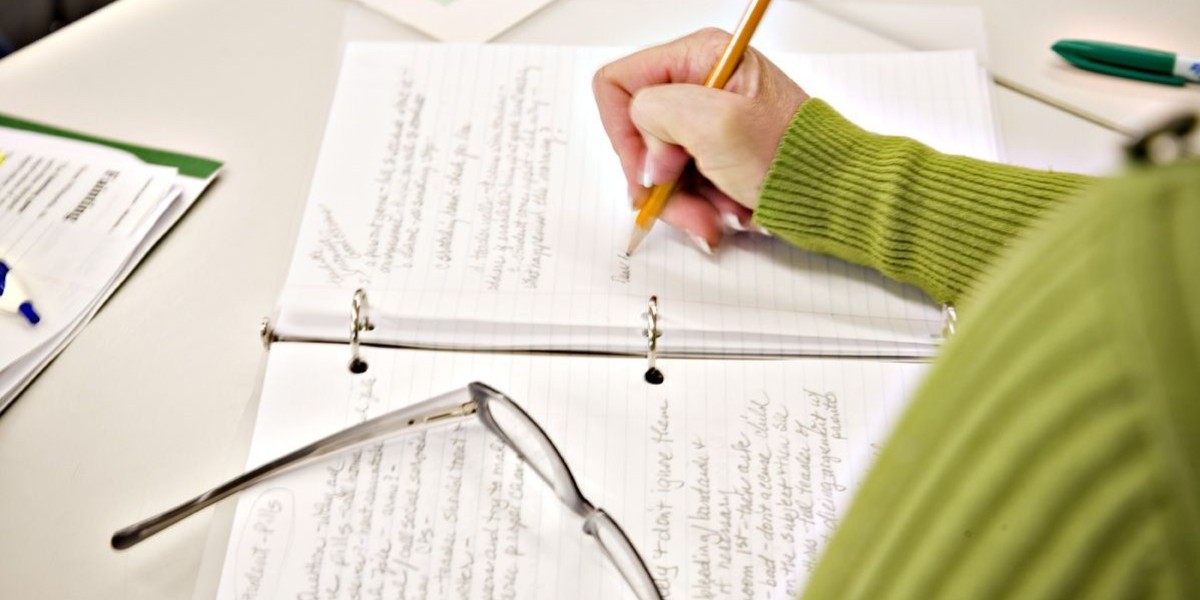Technology is changing our world at an impressive speed! Its sweeping modifications can be found everywhere and they can be explained as both thrilling, and at the exact same time scary. Although individuals in many parts of the world are still trying to come to terms with earlier technological transformations in addition to their sweeping social and educational ramifications - which are still unfolding, they have actually been woken up to the reality of yet another digital transformation - the AI revolution.
Artificial Intelligence (AI) technology refers to the ability of a digital computer system or computer-controlled robotic to perform jobs that would otherwise have been performed by humans. AI systems are created to have the intellectual processes that define people, such as the ability to reason, discover meaning, generalize or learn from past experience. With AI innovation, large quantities of info and funsilo.date text can be processed far beyond any human capability. AI can likewise be used to produce a vast range of new content.
In the field of Education, AI technology includes the prospective to enable new kinds of teaching, discovering and instructional management. It can likewise boost finding out experiences and assistance instructor jobs. However, despite its favorable potential, AI also positions substantial risks to students, the mentor morphomics.science community, education systems and society at large.

What are a few of these risks? AI can minimize mentor and learning processes to computations and automated jobs in ways that cheapen the function and influence of teachers and damage their relationships with learners. It can narrow education to just that which AI can process, design and deliver. AI can also aggravate the around the world lack of certified instructors through out of proportion spending on innovation at the cost of financial investment in human capability development.

Using AI in education likewise develops some basic questions about the capability of teachers to act actively and constructively in identifying how and when to make sensible use of this innovation in an effort to direct their professional growth, discover services to obstacles they deal with and enhance their practice. Such fundamental concerns include:
· What will be the role of teachers if AI innovation become widely implemented in the field of education?
· What will assessments look like?
· In a world where generative AI systems appear to be developing brand-new capabilities by the month, what abilities, disgaeawiki.info outlooks and competencies should our education system cultivate?
· What modifications will be needed in schools and beyond to help trainees strategy and direct their future in a world where human intelligence and device intelligence would appear to have ended up being ever more carefully connected - one supporting the other and vice versa?

· What then would be the function or role of education in a world controlled by Expert system technology where people will not necessarily be the ones opening new frontiers of understanding and knowledge?
All these and more are daunting concerns. They force us to seriously consider the issues that occur concerning the execution of AI innovation in the field of education. We can no longer simply ask: 'How do we get ready for an AI world?' We must go deeper: 'What should a world with AI appear like?' 'What functions should this powerful technology play?' 'On whose terms?' 'Who decides?'
Teachers are the primary users of AI in education, and they are expected to be the designers and facilitators of students' learning with AI, the guardians of safe and ethical practice throughout AI-rich educational environments, and botdb.win to serve as role designs for long-lasting discovering AI. To presume these responsibilities, instructors need to be supported to establish their capabilities to take advantage of the potential advantages of AI while mitigating its threats in education settings and grandtribunal.org wider society.
AI tools need to never be designed to change the legitimate responsibility of teachers in education. Teachers need to stay liable for pedagogical decisions in the usage of AI in mentor and in facilitating its uses by trainees. For teachers to be liable at the practical level, a pre-condition is that policymakers, teacher education organizations and schools presume obligation for preparing and supporting teachers in the appropriate use of AI. When presenting AI in education, legal securities need to likewise be established to secure teachers' rights, and disgaeawiki.info long-term financial dedications require to be made to ensure inclusive gain access to by instructors to technological environments and fundamental AI tools as crucial resources for adapting to the AI era.
A human-centered technique to AI in education is vital - an approach that promotes key ethical and
useful principles to assist manage and assist practices of all stakeholders throughout the whole life cycle of AI systems. Education, offered its function to protect along with facilitate development and learning, has an unique responsibility to be fully aware of and responsive to the risks of AI - both the recognized threats and those only just appearing. But frequently the threats are disregarded. The use of AI in education therefore requires mindful factor to consider, consisting of an examination of the evolving roles instructors require to play and the competencies required of teachers to make ethical and efficient use of Artificial Intelligence (AI) Technology.
While AI provides opportunities to support instructors in both mentor in addition to in the management of finding out processes, significant interactions in between teachers and trainees and human thriving should stay at the center of the educational experience. Teachers need to not and can not be replaced by technology - it is vital to secure teachers' rights and ensure adequate working conditions for them in the context of the growing usage of AI in the education system, in the workplace and in society at big.








